"Green Book" eco-education using information and communications technology (ICT) tools
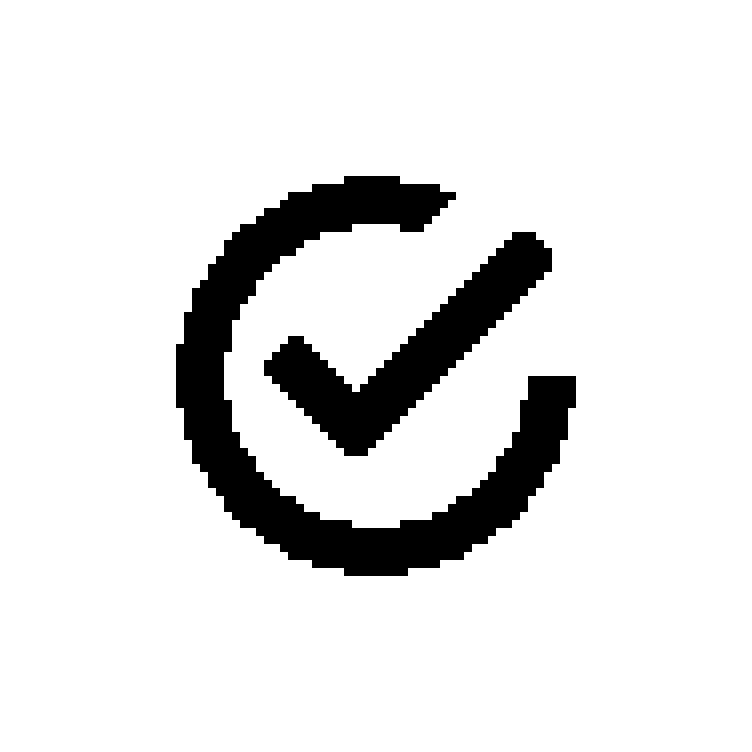
Project Details & Results
Project Description
The Green Book project aims to create environmental modules for schoolchildren and integrate them with Information and communications technology (ICT) tools, which are an integral part of education nowadays, including teaching and learning. A created task force consisting of respective experts and teachers will design modules covering earth science basics to climate change mitigation and adaptation solutions and technologies. Web-based ICT multimedia tools will be used to communicate and connect environmental modules to teachers, schoolchildren, and other stakeholders and make it accessible even in a remote village. By completing the course and implementing any scale environmental project, “Green Hero” certificates will be granted to participants.
Project Results
The project will produce the following results:
educational Modules: Green Book
digitized Educational Modules: E-Green Book accessible in the selected open-source educational platforms and media channels
Green Hero Certificates for successful completion of the modules and reported environmental action.
The total number of direct beneficiaries is 3000 (1600 females and 1400 males)
The project impacts 30 NGOs and about 1400 community organizations, particularly schools, ensuring that a youth organization represents each marz of Armenia.
The project impact will be measured towards the following KPIs:
This project plans a more significant impact, and the following actions will lead to the project's success: 2-day workshop for teachers and experts,
five expert groups were organized, modules developed,
modules piloted at least in 1 school,
methodology and plot developed for presenting the topics in respective ICT tools,
approved and licensed educational material,
educational website created, available also from the websites of related parties through the Green button on their websites,
audio and video materials for YouTube and Soundcloud,
Creating the Green Hero Certificate: format, rules, and automation of the processProject Description
The Green Book project aims to create environmental modules for schoolchildren and integrate them with Information and communications technology (ICT) tools, which are an integral part of education nowadays, including teaching and learning. A created task force consisting of respective experts and teachers will design modules covering earth science basics to climate change mitigation and adaptation solutions and technologies. Web-based ICT multimedia tools will be used to communicate and connect environmental modules to teachers, schoolchildren, and other stakeholders and make it accessible even in a remote village. By completing the course and implementing any scale environmental project, “Green Hero” certificates will be granted to participants.
Project Results
The project will produce the following results:
educational Modules: Green Book
digitized Educational Modules: E-Green Book accessible in the selected open-source educational platforms and media channels
Green Hero Certificates for successful completion of the modules and reported environmental action.
The total number of direct beneficiaries is 3000 (1600 females and 1400 males)
The project impacts 30 NGOs and about 1400 community organizations, particularly schools, ensuring that a youth organization represents each marz of Armenia.
The project impact will be measured towards the following KPIs:
This project plans a more significant impact, and the following actions will lead to the project's success: 2-day workshop for teachers and experts,
five expert groups were organized, modules developed,
modules piloted at least in 1 school,
methodology and plot developed for presenting the topics in respective ICT tools,
approved and licensed educational material,
educational website created, available also from the websites of related parties through the Green button on their websites,
audio and video materials for YouTube and Soundcloud,
Creating the Green Hero Certificate: format, rules, and automation of the process
Project Description
The Green Book project aims to create environmental modules for schoolchildren and integrate them with Information and communications technology (ICT) tools, which are an integral part of education nowadays, including teaching and learning. A created task force consisting of respective experts and teachers will design modules covering earth science basics to climate change mitigation and adaptation solutions and technologies. Web-based ICT multimedia tools will be used to communicate and connect environmental modules to teachers, schoolchildren, and other stakeholders and make it accessible even in a remote village. By completing the course and implementing any scale environmental project, “Green Hero” certificates will be granted to participants.
Project Results
The project will produce the following results:
- educational Modules: Green Book
- digitized Educational Modules: E-Green Book accessible in the selected open-source educational platforms and media channels
- Green Hero Certificates for successful completion of the modules and reported environmental action.
- The total number of direct beneficiaries is 3000 (1600 females and 1400 males)
- The project impacts 30 NGOs and about 1400 community organizations, particularly schools, ensuring that a youth organization represents each marz of Armenia.
- The project impact will be measured towards the following KPIs:
- This project plans a more significant impact, and the following actions will lead to the project's success: 2-day workshop for teachers and experts,
- five expert groups were organized, modules developed,
- modules piloted at least in 1 school,
- methodology and plot developed for presenting the topics in respective ICT tools,
- approved and licensed educational material,
- educational website created, available also from the websites of related parties through the Green button on their websites,
- audio and video materials for YouTube and Soundcloud,
- Creating the Green Hero Certificate: format, rules, and automation of the process
.png&w=3840&q=75)
Subscribe for our news



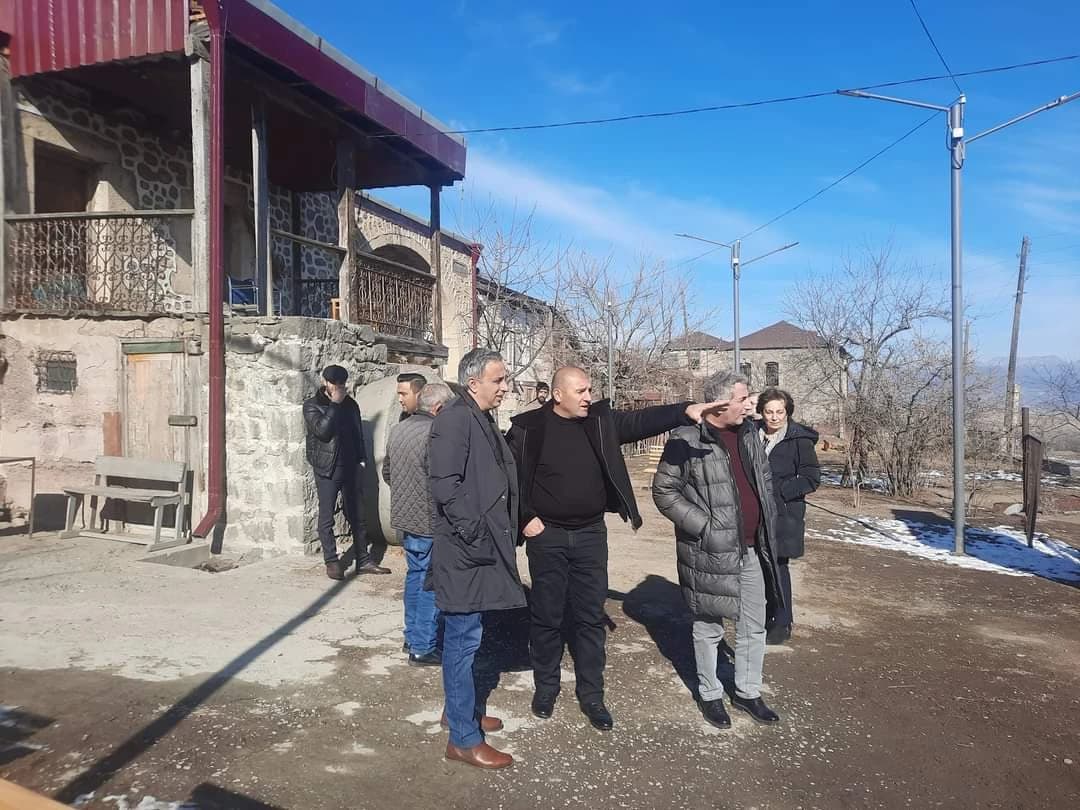
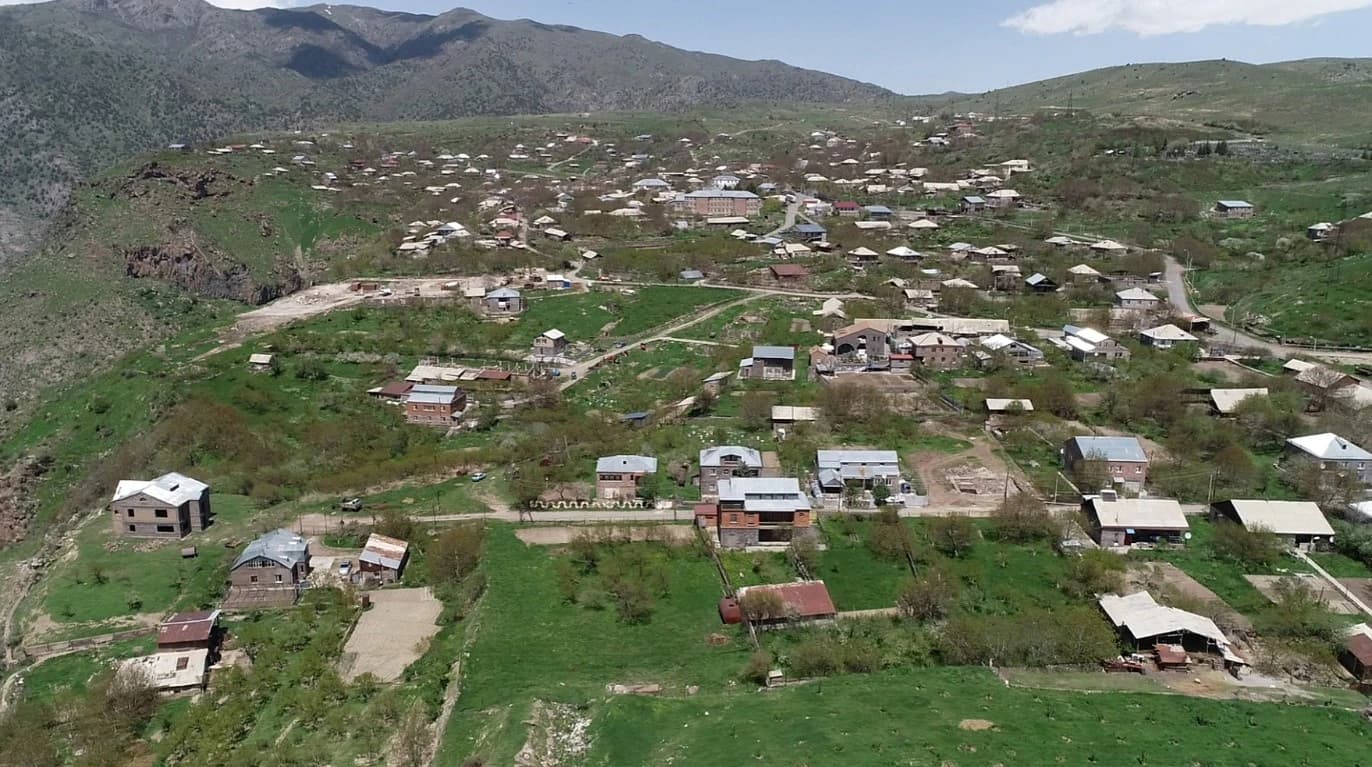
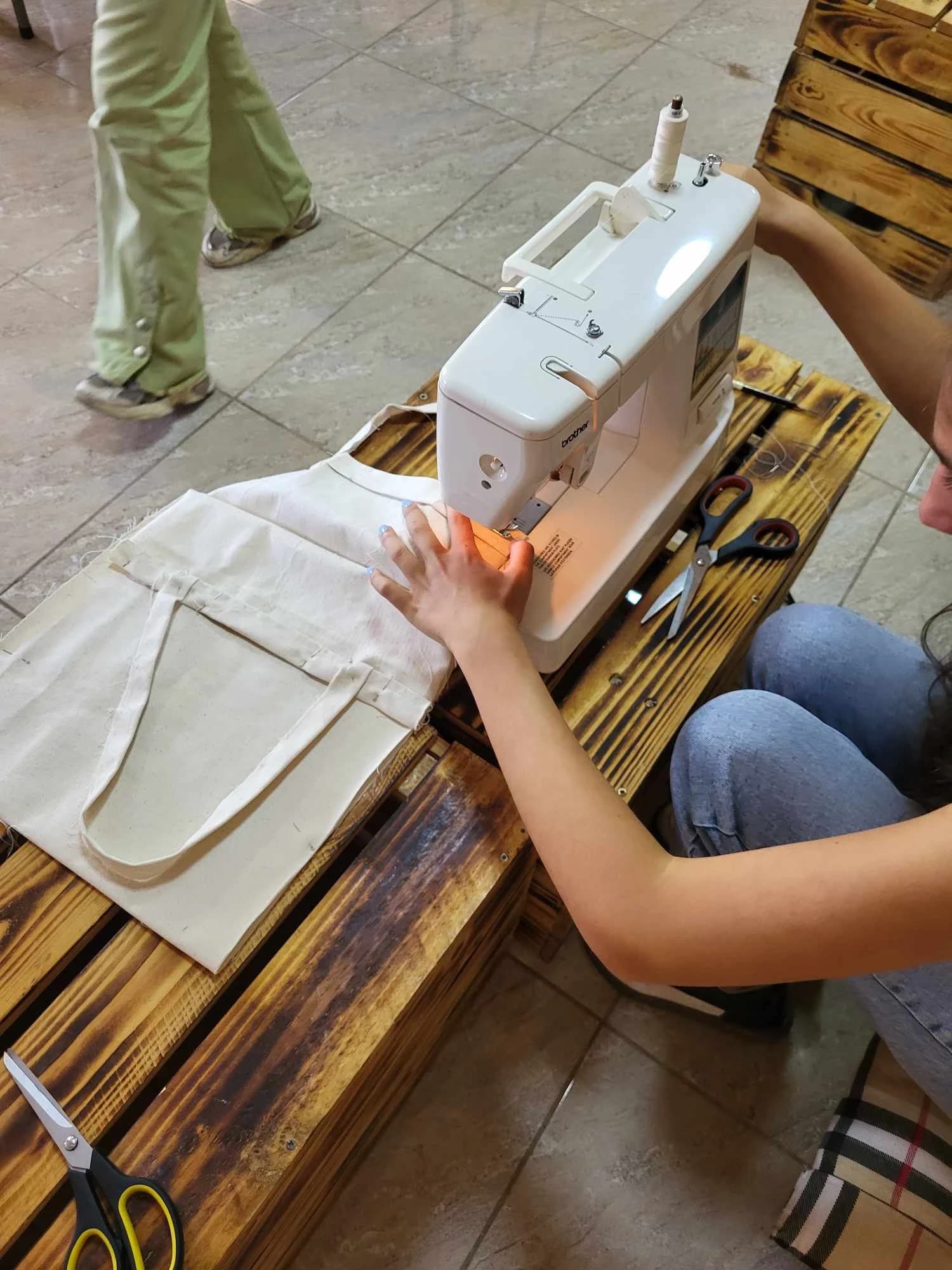
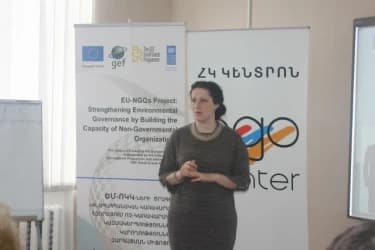
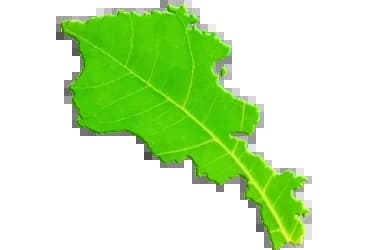
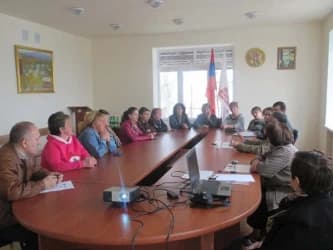
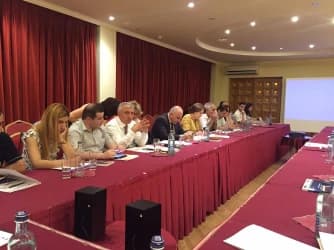
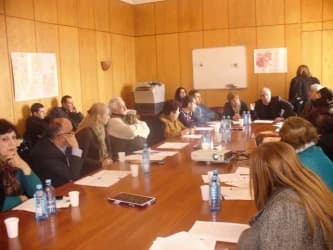
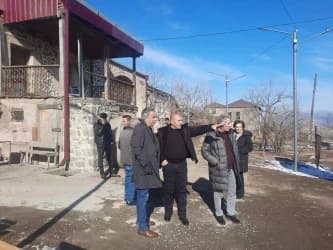
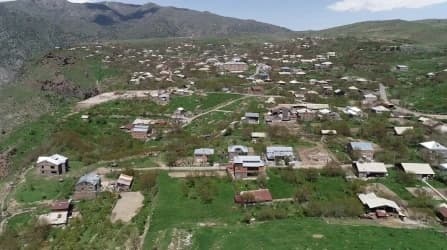

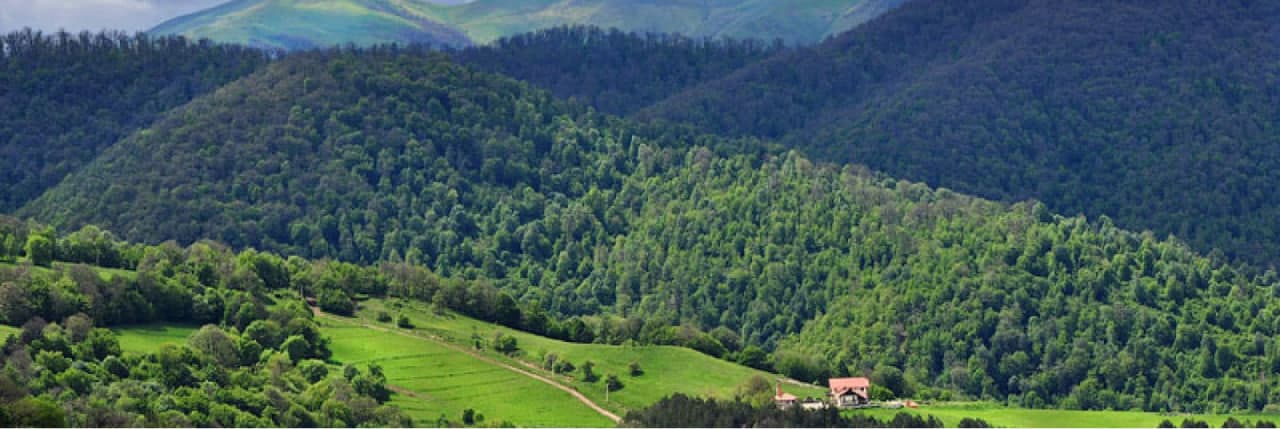
.png&w=3840&q=75)
